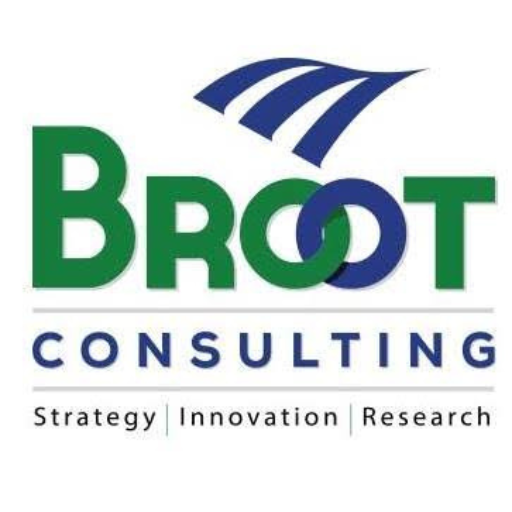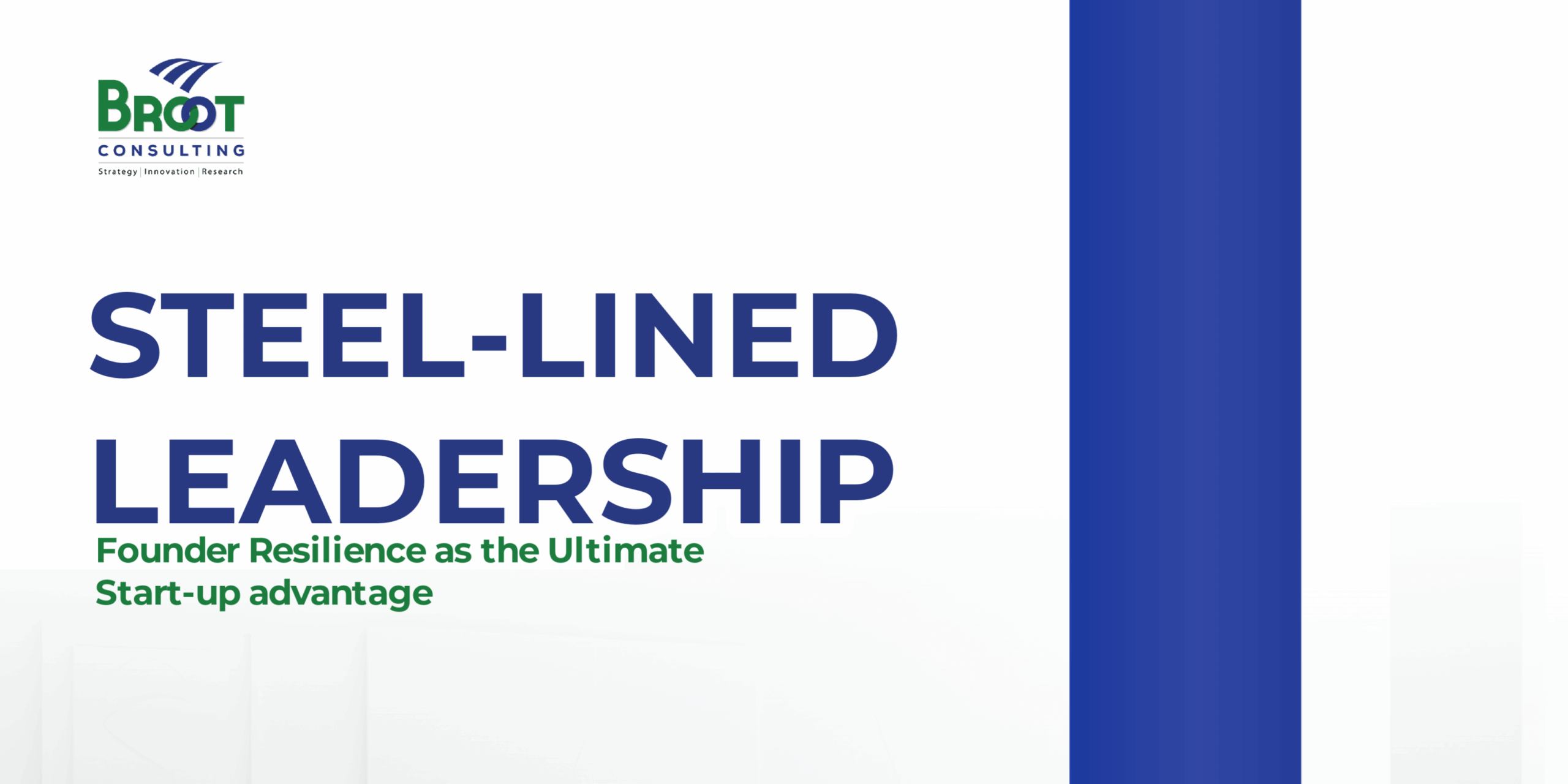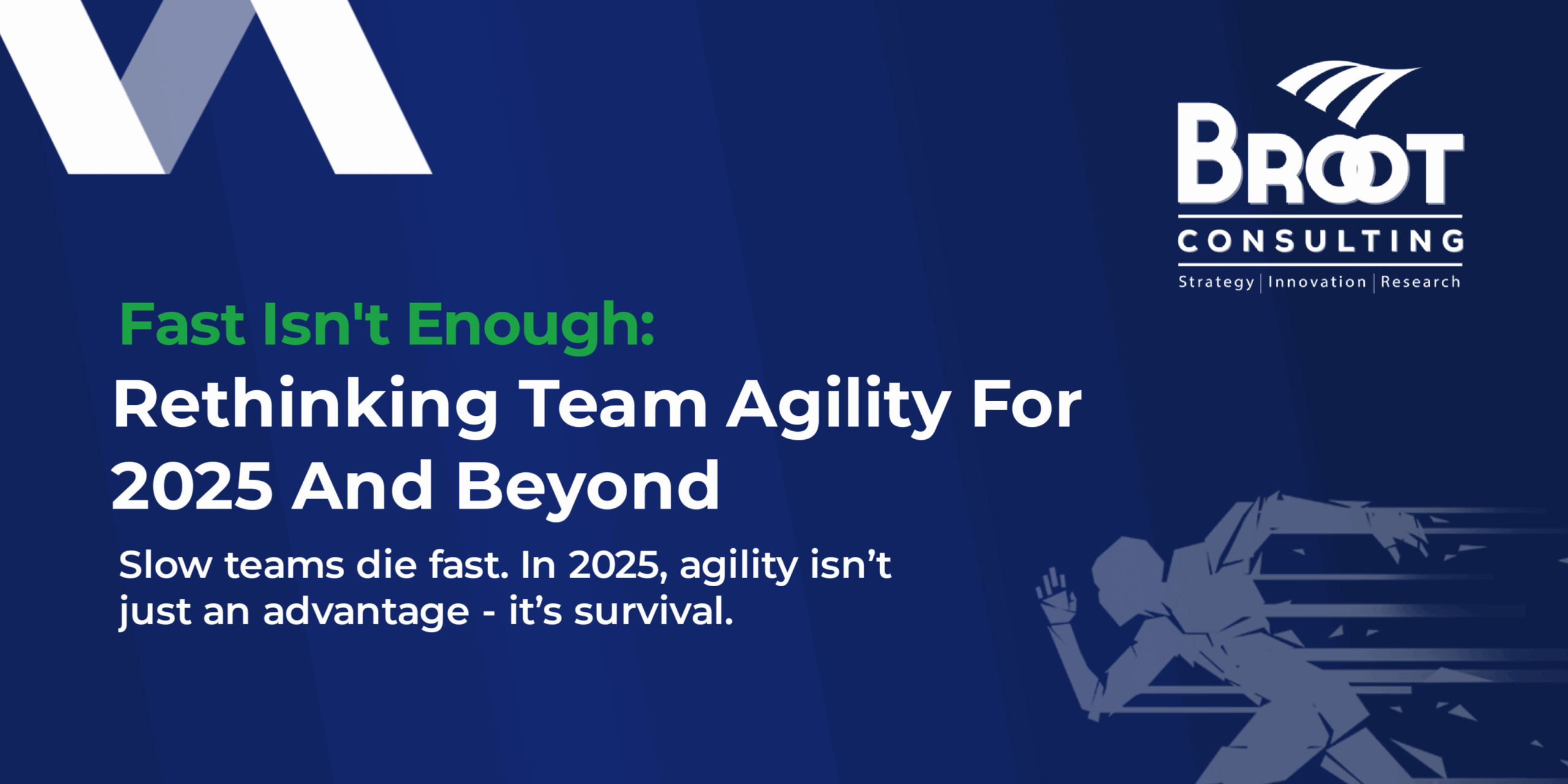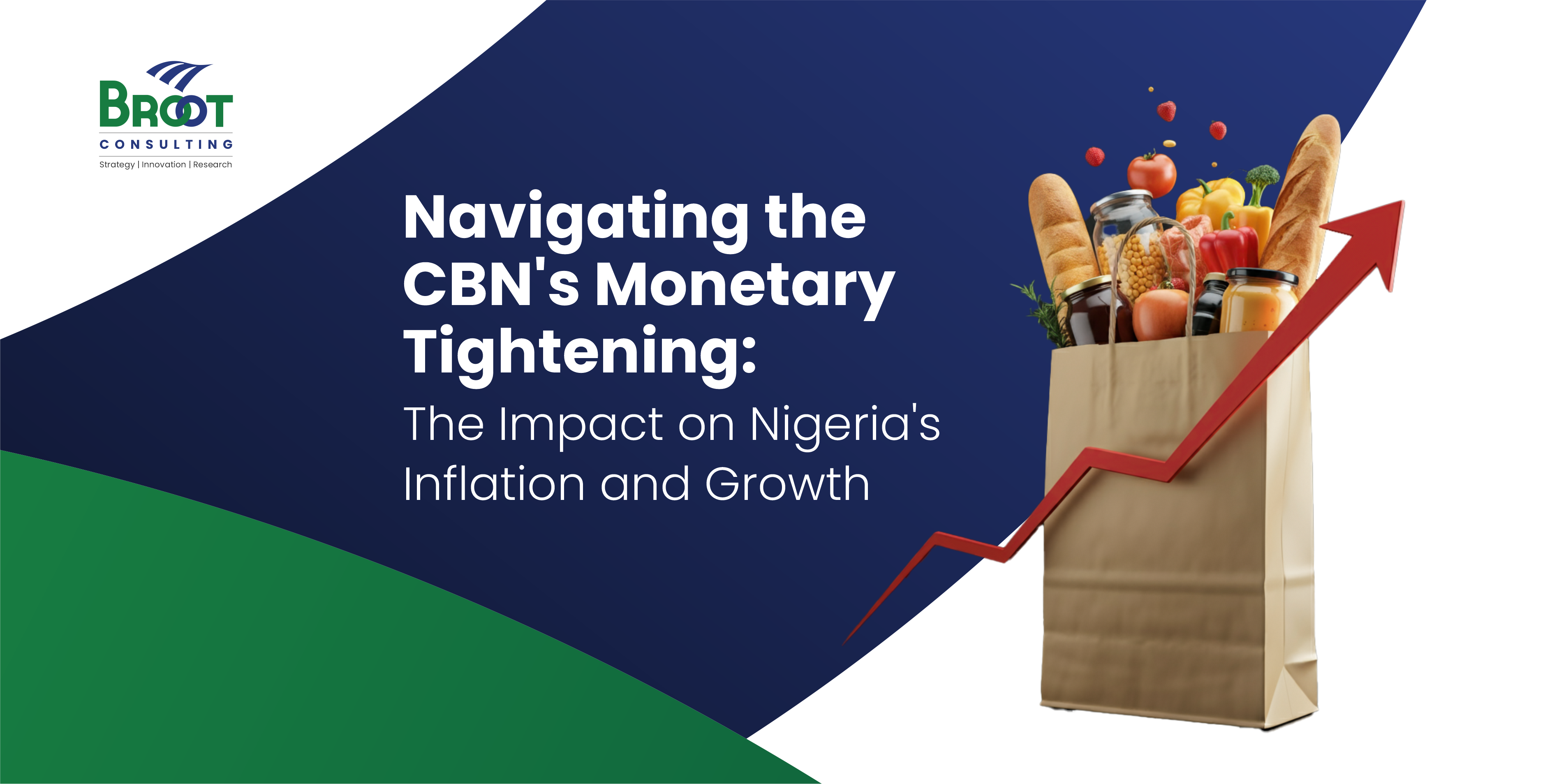In 1931, James Truslow Adams an American writer and Historian coined the word the “American dream”. He defined it as a world where “life should be better and richer and fuller for everyone, with opportunity for each according to his or her ability or achievement. Regardless of social class or circumstances of birth”. This dream is an opportunity for everyone, thus, America chose to import and globalize the opportunity to live the American dream.
A few weeks ago, the American government did a groundbreaking of its largest consulate in the world. The consulate when completed in 2027, would have cost American taxpayers the sum of $537million. What informed the choice of Nigeria by the American government for such investment? Before going into the details and gloating over the fact that Nigeria is investment-worthy, perhaps it might be nice to ask. What makes America the greatest nation on earth? What gives America a competitive edge over other nations? It might be very easy to say technology, military or financial strength or even good and courageous leadership. If one is being objective, one will say, all these responses are not wrong. However, at the heart of the reason for America’s greatness is a future-focused, courageous, and smart leadership that established a system that gives hope to everyone regardless of their background. America’s immigration system is the greatest weapon in its armory
America’s immigration system is at the heart of its power, remove it and it will lose its superpower status. Today, everyone talks of the American dream, it is a national inspiring ethos that makes people hope for a better future. The dream is a set of ideals that provide an opportunity for prosperity and success achieved through hard work in a society with few barriers. It is therefore insightful that meaningful national development is possible when everyone regardless of their background or orientation can with pride expect and talk about a better future where they reside.
National pride is possible when there is a collective hope and a sense of patriotism is aroused when everyone can build and live their dream. We have the American dream, so also there should be an African or a Nigerian dream. What lesson can we learn from the $537million new project in Lagos?
War for talents
In the current knowledge economy, innovative organizations and institutions understand the need to compete for top talents. They do everything possible to attract and retain those talents. The leadership of underdeveloped nations and low performing organizations however struggle to attract and retain good talents. Today, an average Nigerian youth wants to “japa” (voluntary migration to more economically developed countries like America or Europe) why? because they believe that there is a hope beyond the gloom of hopelessness that they possibly see in their motherland. Regardless of the institution, to thrive and build prosperous institutions leaders deliberately build strong ethos and inspire hope without which people’s dedication, commitment and productivity will be nothing but mere shadows of possibilities. The $537million US consulate in Lagos testament to and a reinforcement of the American values and ideals
Regardless of media propaganda, Nigerian immigrants remain one of the most educated, hardworking and productive anywhere in the world. There is hardly any sector you go to that you wouldn’t see a Nigerian not doing menial work but creating value at the top level. Either academic, ICT, medicine or Finance. Nigeria is a major contributor to global development. The American government recognized this and as a country that is a net borrower of human capital, it will leave no stone unturned to attract the best talents to its economy. The American government is future-focused, bearing in mind that Nigeria’s population is projected to be 400 million by the year 2050 and its economy is to be one of the ten largest in the world. It is time for us to look into the future.
Diversity and inclusion
No nation can become truly great without the embrace of a culture of diversity and inclusion. America is a strong promoter of Diversity and inclusion hence the country is strong in both cognitive, cultural, and religious diversity. Her diversity is not of an organic origin, but a government-induced policy on her robust immigration system. This enables her to leverage the best potentials all over the world. In a recent projection by the Census Bureau, 49 million of her population would be 65 years old by 2030 and the demographic scale would be tilted as older adults are expected to outnumber children for the first time in US history. Thus, making the population a graying and dependent one in the future. Again, the US immigration system is the most powerful tool that it uses to reinvent itself and shore up against potential decline by attracting young talents from around the world to add value to its economy. Nigeria has an organically diverse population and highly talented minds across the world, there must, therefore, be a deliberate attempt to look inwardly and develop a robust human capital for the local and international markets and make use of her unique demographic advantages in redefining her economic trajectory.
Strong sense of Patriotism
America has a creative way of stimulating its economy, of the $537million only $95million gets to the Nigeria local economy, the remaining $442million stays in the American economy through consultancy fees, the purchase of building materials, equipment and infrastructure that will be supplied by American firms. To grow the Nigerian economy and build strong capacity, projects financed by the Nigerian taxpayer’s money should have a direct impact on its taxpayers by ensuring that preferences are given to Nigerians for the benefit of Nigeria. African leaders need to review the current Local Content policy to maximize value from the rules of engagement with Foreign Direct Investors in all spheres of her economy with every sense of patriotism.
From Brain- Drain Brain Gain
In a recent discussion with a friend of mine who happens to be a political leader, he concluded that an American consulate is. “Greek gift” and a way to promote brain drain. Diaspora remittance has largely helped to improve the fortunes of the Nigerian economy and has turned brain-drain to brain gain with annual remittances to Nigeria standing at over $20billion, according to PWC this translates into 83% of the Federal Government budget in 2018 and 11times the Foreign Direct Investment received by Nigeria. Nigeria should leverage the power of the diaspora to transform its national economic trajectory. Enviable development recorded by India, China and South Korea was largely driven by the American Born Chinese (ABC), Koreans and Indians. With the creation of a great enabling environment, the same success can be recorded in Nigeria. The government can demonstrate this by creating a Ministry of Diaspora Service, which should have a special mandate to help the Diaspora with their needs. Including rendering voluntary services to critical sectors of the economy, and providing investment/financial services and advisory as may be required. The creation of Diaspora financial institutions will be a welcome development. It is time to leverage the power of Nigerians in Diasporas and make use of our own America Born Nigerians (ABN).
Conclusion
In all, as Nigeria basks in the euphoria of having the largest US consulate on her soil and has some government officials begin to jubilate and add this to the list of their achievements. There is a need to understand that America is doing this first and foremost to strengthen its competitive edge and build capacity for its economy. The framework is there for grabs, before the drum of celebration is rolled, the drum of insights should beat faster, louder and stronger, it is only then that an investment like this can make any ‘sensible sense’.

Olukunle A. Iyanda PhD, FCA, SNFLI.
Founder/CEO, BROOT Consulting Nigeria Limited.
Human-Centric Design Led Innovation Consultant.




